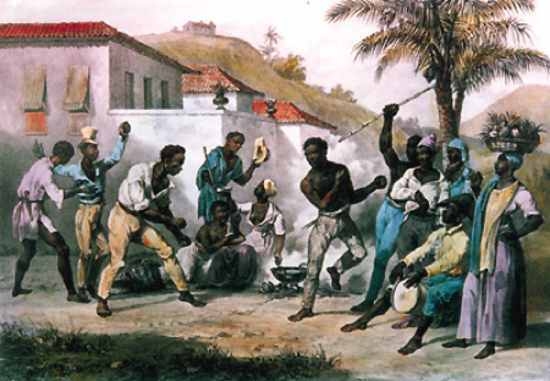
Sometimes, the channel of communication is more important than the actual message. Each language allows us a certain degree of expressivity and contributes to the way we form ideas. Our linguistic background might contribute more than we expect to the cultural differences that make humanity so diverse. Here are just a few of the interesting words that do not have an equivalent in the English language.
 10. Esprit d’Escalier
10. Esprit d’Escalier
Esprit d’escalier is a French expression and it refers to those situations in which you think of a witty comeback after leaving the scene “of the crime”. It literally means “the spirit of the staircase” referring to the departure from the location where the comeback could have been said.
 9. Hygge
9. Hygge
Hygge is a Danish word and it means “the absolute absence of anything annoying or emotionally irritating and the presence of soothing things”. It is generally associated with certain very pleasant moments of the year, like Christmas or beautiful summer afternoons.
 8. Kyoikumama
8. Kyoikumama
We all know the stereotype of the hard pressing Japanese mother, especially when it comes to education. Of course, probably all cultures have their fair portion of mothers interested in the education of their children, but the Japanese people also have a word for them. Kyoikumama literally means “education mother”.
 7. Uitwaaien
7. Uitwaaien
This Dutch word literally means “to walk in the wind”, but it generally is used to refer to taking a relaxing break in the countryside.
 6. Qualunquismo
6. Qualunquismo
This Italian word comes from a post-war Italian political party called Fronte dell’Uomo Qualunque, or the Front of the Ordinary Man. They promoted anti-political feelings and the lack of ideological loyalty so successfully that an entire word was created to express that attitude.
 5. Bakku-shan
5. Bakku-shan
Bakku-shan is another interesting Japanese word which means “girl that looks nice from behind but is ugly from the front”.
 4. Tingo
4. Tingo
Tingo comes from the Easter Island and it means “friend who borrows things from you one by one until nothing is left”. It is very interesting that it refers specifically to friends and not to strangers or simply acquaintances.
 3. Zalatwic
3. Zalatwic
Zalatwic is a Polish term and it is used to classify different forms of corruption, such as bribery, personal charm and the illegal use of personal influence. The word was particularly useful in the communist era when these channels were used to circumvent state bureaucracy.
 2. Ilunga
2. Ilunga
Ilunga is a Bantu word and it is especially difficult to translate. It refers to a man willing to forgive one transgression, tolerate the second but never forgive the third.
 1. Biritululo
1. Biritululo
Biritululo is a very strange alternative dispute resolution technique practiced in New Zeeland. Some people there seem to resolve their conflicts by comparing their yams rather than resorting to the court systems or to violence. I guess whatever works…works.









